The Party Committee of the Ministry of Education and Training implements Resolution No. 71-NQ/TW
On the afternoon of October 24, the Party Committee of the Ministry of Education and Training held a conference to study and implement Resolution No. 71-NQ/TW of the Politburo on breakthroughs in education and training development.
Affirming the strategic, breakthrough, comprehensive, long-term, and highly actionable nature of Resolution No. 71-NQ/TW, Permanent Deputy Minister Pham Ngoc Thuong thoroughly grasped the important contents of this Resolution, from the viewpoint of direction, goals, tasks, and solutions...
At the conference, representatives of the Departments of Education and Training and higher education institutions shared the contents they have implemented to proactively implement Resolution No. 71-NQ/TW, and affirmed their determination to effectively put the Resolution into practice.
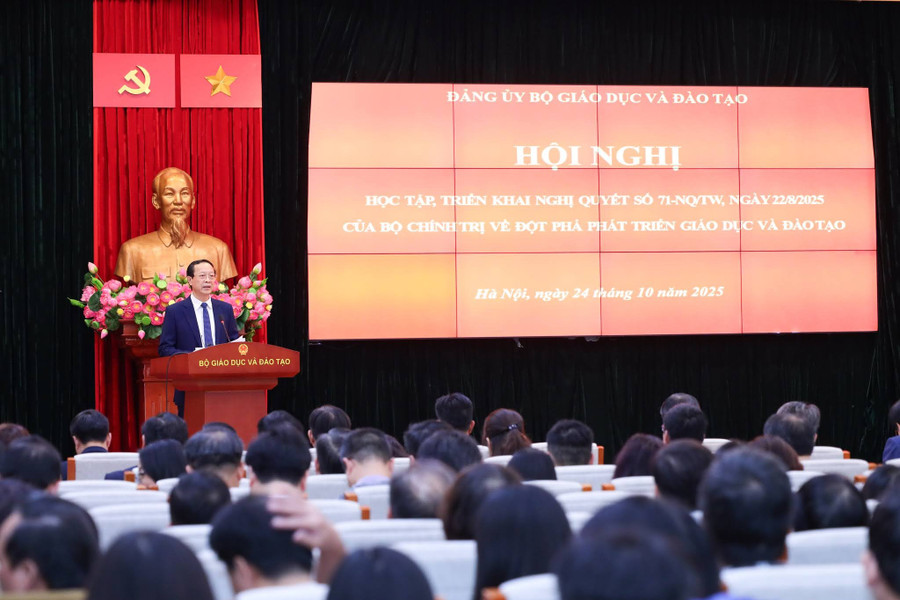
Concluding the Conference, Minister Nguyen Kim Son stated that the process of building Resolution No. 71-NQ/TW reflects the vision of the Politburo, the Secretariat and the General Secretary - the vision of developing education and training associated with national development.
The Minister reiterated the very important issues raised by the General Secretary, associated with the three words "human": "human" - developing people in the new era; "human resources" - preparing human resources for the new era; "talent" - when competition between countries in the world is increasingly fierce, the decisive factor must be talent.
Talking about the spirit of building Resolution No. 71-NQ/TW, the core guiding viewpoints and implementation orientation aspects, according to the Minister, each stage can be summarized in 3 "keywords":
The three “keywords” in the development of the Resolution are: action, practicality, feasibility. In the guiding ideology of education and training, the three “keywords” are: modernity, quality, fairness. The implementation perspective has three “keywords”: resoluteness, speed, and efficiency.
Implementing Resolution No. 71-NQ/TW, according to Minister Nguyen Kim Son, will start a new revolution in education. In particular, the content in the Resolution: "Education and training is the top national policy, deciding the future of the nation" shows the vision, guiding viewpoint, trust, and unprecedented positioning for education and training. Therefore, each teacher and educational manager also needs to have an attitude, awareness, and action commensurate with this transmission, so as not to disappoint the trust and trust of the Party and the People.
Among the tasks that need to be done, the Minister noted that the priority that needs to be done immediately and regularly is the need for a complete and profound renewal of thinking and awareness. In particular, fully aware of one's mission in the new era; as well as fully and deeply aware of the role, mission and responsibility of the industry. Each teacher and educational manager must recognize this to shoulder the assigned responsibility. At the same time, look straight at the truth, at what is still inadequate, weak, and the "disease" that still persists to make better adjustments.
The Minister also emphasized the awareness and full implementation of the guiding ideology in Resolution No. 71-NQ/TW on the comprehensive and thorough leadership role of party organizations, especially party organizations in educational institutions, especially universities and vocational education institutions.
Another point is the awareness and thinking about the role, leadership and leading role of the State in the entire education system; mobilizing maximum social resources, but the State plays the leading role.
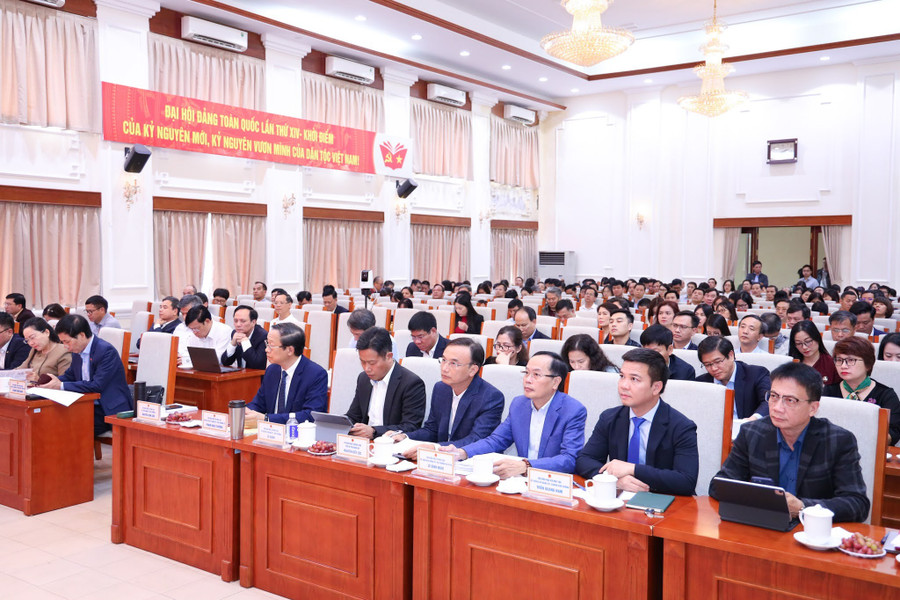
The tasks to be done have been clearly stated in the Action Program of the Government and the Ministry of Education and Training to implement Resolution No. 71-NQ/TW. In his concluding remarks, the Minister emphasized a number of points:
Firstly, institutionalize the important contents of the Resolution. If everything goes according to plan, from January 1, 2026, all four laws in the field of education and training will come into effect (Law on Teachers, Law on amending and supplementing a number of articles of the Law on Education, Law on amended Higher Education, Law on amended Vocational Education). Along with that, a series of new decrees and circulars will be issued.
With the institutional foundation for operating this new education system, the Minister requested teachers and education managers at all levels to seriously study the Laws so that there will be no errors, delays, omissions, or mistakes during the implementation process. This is an important and urgent task that needs to be implemented vigorously. Research needs to be proactive right from when these documents are still drafts.
The second is to arrange educational institutions in the national education system, so that the institutions become stronger; investment is more focused, key and effective. For public universities and vocational education institutions, it is necessary to implement the Party Secretary concurrently as the head of the educational institution. Regarding this, the Ministry of Education and Training is developing a plan to submit, ensuring that when the new Laws come into effect, the new apparatus is operated immediately, smoothly, without any gaps.
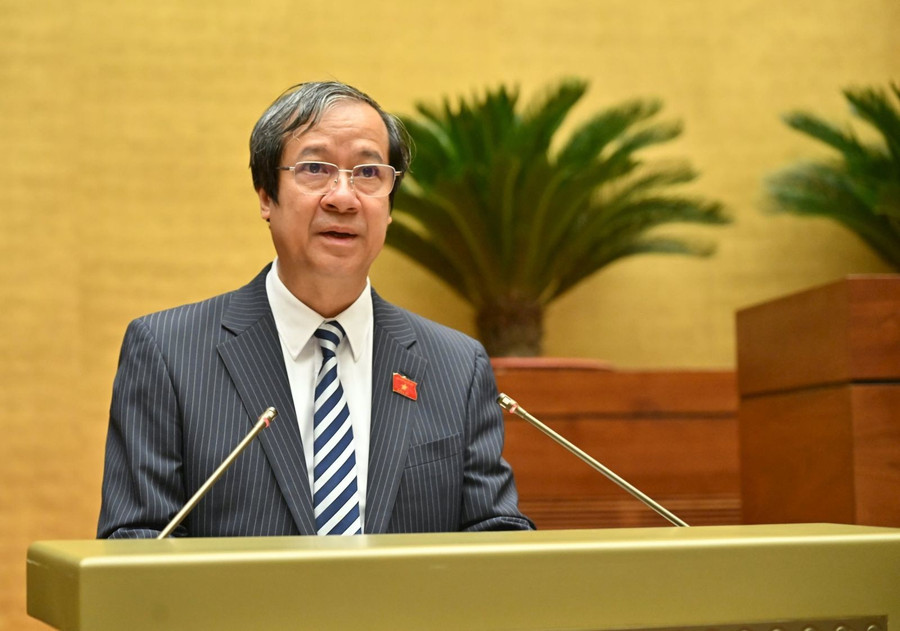
Submit to the National Assembly three draft laws on education
On the morning of October 22, on behalf of the Prime Minister, Minister Nguyen Kim Son presented to the National Assembly three draft laws, including: Law amending and supplementing a number of articles of the 2019 Law on Education; Law on Vocational Education (amended); and Law on Higher Education (amended).
These three draft laws are closely related and were developed synchronously to institutionalize the Party's major policies, especially Resolution 71-NQ/TW on breakthroughs in education and training development. The goal is to remove "bottlenecks" in the education system, increase the autonomy of training institutions while ensuring quality, effectiveness and efficiency; meet the requirements of decentralization, decentralization, administrative reform and streamlining the apparatus.
The draft laws have been examined by the Committee on Culture and Society, commented by the National Assembly Standing Committee, and received by the Ministry of Education and Training, completing the documents to be submitted to the National Assembly at the September 2025 session. The drafting process is taking place urgently, in compliance with the provisions of the Law on Promulgation of Legal Documents.
Regarding the draft Law amending and supplementing a number of articles of the 2019 Law on Education, Minister Nguyen Kim Son said: the draft law institutionalizes the key contents of Resolution 71-NQ/TW, such as stipulating that lower secondary education is compulsory, universalizing preschool education for children aged 3-5; developing state policies on science, technology, digital transformation and application of artificial intelligence;
Establish a national database on education and training; prescribe a uniform set of textbooks nationwide; do not organize school councils in public institutions; supplement the national scholarship fund; innovate the model of gifted schools and boarding schools; encourage lecturers and teachers to co-reside between scientific institutions and universities. The draft also specifies the budget expenditure structure, along with tax and land incentives for educational institutions.
The draft Law supplements vocational secondary education with high school, clarifies the direction of the stream after junior high school, stipulates that diplomas and certificates can be issued in paper, electronic or digital form. At the same time, separates local educational materials from textbooks, assigns local authorities the authority to compile and approve; adds educational support services and identifies educational support personnel; completes regulations on investment and investors in education.
The draft Law on Vocational Education (amended) eliminates overlapping regulations, standardizes training activities, improves management capacity and transparency in the use of finance and assets. Many notable new points are added: vocational secondary school model, recognition of learning outcomes and accumulated professional capacity, co-staffed lecturer institution, expansion of foreign investment cooperation and regulations on facility standards and training program standards.
The draft Law on Higher Education (amended), the amended content focuses on perfecting the autonomy mechanism, consolidating the organizational and governance model in public and private institutions; adding a mechanism to stop enrollment and revoke permission for weak majors; establishing program standards, higher education institution standards, ensuring substantive and transparent accreditation and enhancing the system's reputation.
The draft also aims to modernize higher education by promoting academic freedom and integrity, developing a digital higher education model, promoting connectivity and international integration, ensuring a 3% budget for higher education, encouraging science and innovation, and policies to attract talent, tuition fees and scholarships that are fair and effective.
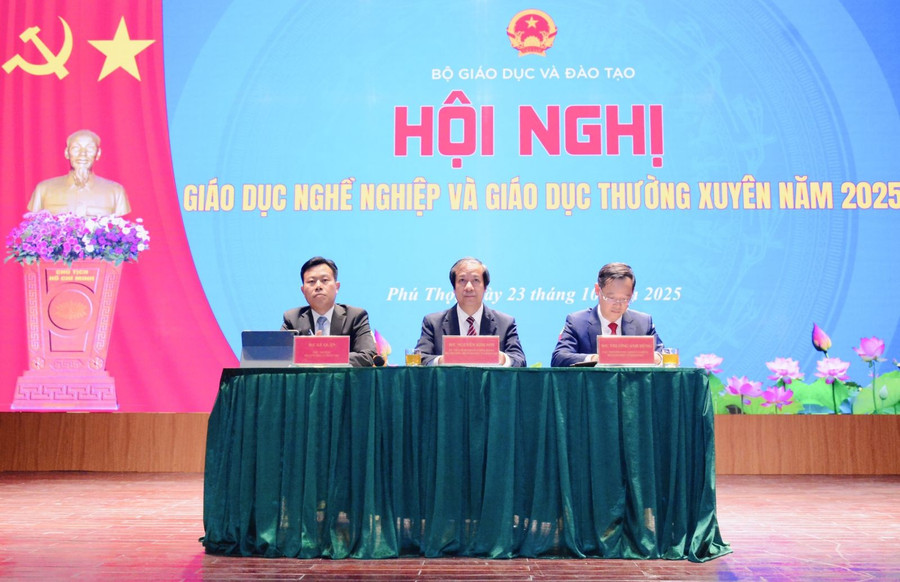
Conference on Vocational Education and Continuing Education 2025
On the afternoon of October 23, the Ministry of Education and Training held a conference on vocational education (VET) and continuing education (CTE) in 2025. Minister Nguyen Kim Son and Deputy Minister Le Quan chaired the conference.
According to the report of the Ministry of Education and Training, as of September 2025, the country has 1,163 vocational training institutions, of which 55.5% are non-public institutions. Total enrollment in 2024 reached 2.43 million people; of which 430 thousand people are college and intermediate level, the rest are elementary and other programs. In the first six months of 2025, enrollment reached about 1 million people, equivalent to 60% of the plan. 245 colleges have participated in the common enrollment system with higher education, contributing to creating a more transparent and interconnected learning environment.
Training quality has been significantly improved: over 80% of graduates have jobs, of which 70-75% work in the field they were trained in, many schools have a 100% employment rate.
The continuing education system remains stable with 20,621 centers nationwide, including 582 continuing education and vocational training-continuing education centers, more than 10,000 community learning centers and foreign language-information technology centers.
The total number of students studying the Continuing Education program reached 26.3 million, of which nearly 469,000 students studied the high school program, 91,548 students studied literacy, and 1.18 million students studied the vocational training program, an increase of more than 600,000 people compared to the previous school year.
The literacy rate for people aged 15-60 reached 99.1% at level 1 and 97.7% at level 2, a slight increase compared to 2024. The whole country has 55/63 provinces meeting the level 2 literacy standards, reflecting the industry's persistent efforts in narrowing the learning gap in ethnic minority and mountainous areas.
Continuing education centers and community learning centers have become the core of the lifelong learning movement, with more than 24.5 million people taking specialized skills and knowledge updating classes.
Besides the results, the field of vocational education and continuing education still has shortcomings such as slow document progress, unsynchronized financial mechanisms, limited quality of continuing education in difficult areas, and lack of facilities.
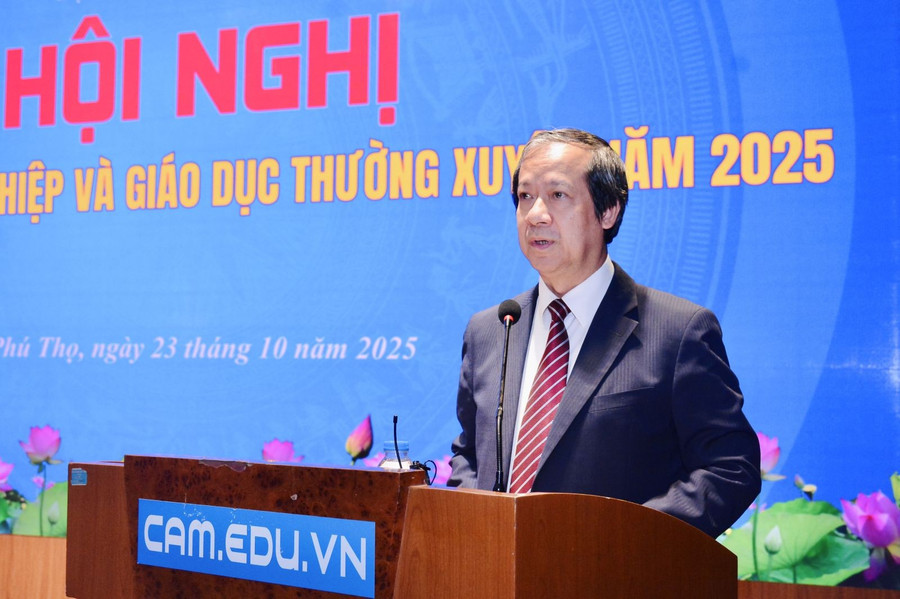
Concluding the conference, Minister Nguyen Kim Son said: Resolution No. 71-NQ/TW sets out the requirement to quickly modernize and improve the quality of vocational education, while building a learning society and promoting lifelong learning. This is a golden opportunity for the vocational school system to develop strongly, affirming its role in training highly skilled human resources to meet the requirements of socio-economic development. The Minister requested educational institutions to carefully study mechanisms and policies to take advantage of this.
Along with that, one of the key tasks mentioned by the Minister is to arrange and restructure the system of vocational education and continuing education facilities. Accordingly, the merger and streamlining of focal points will be carried out in the direction of improving quality, avoiding formality;
Regarding the Vocational Education and Continuing Education Center system, the Minister affirmed that mechanical training must not be converted to a vocational secondary school model. This model will be implemented separately for post-secondary students, in order to effectively streamline. Vocational Education and Continuing Education Centers need to gradually return to their proper function of training and fostering skills for adults.
The Ministry of Education and Training is developing a national target program on modernization and improving the quality of education and training for the 2026-2035 period, focusing on improving the quality of higher education and vocational education. Investment capital will be allocated in a focused manner, prioritizing qualified schools with prepared plans.
Regarding the teaching staff, the Minister requested that it is necessary to expand opportunities for teacher training abroad, and at the same time review the training needs of teaching staff in the vocational school system - an area that is currently experiencing a significant shortage.
Source: https://giaoducthoidai.vn/nong-trong-tuan-quan-triet-nghi-quyet-71-trinh-quoc-hoi-3-luat-ve-giao-duc-post754125.html


![[Photo] Draft documents of the 14th Party Congress reach people at the Commune Cultural Post Offices](https://vphoto.vietnam.vn/thumb/1200x675/vietnam/resource/IMAGE/2025/10/28/1761642182616_du-thao-tai-tinh-hung-yen-4070-5235-jpg.webp)


![[Photo] National Assembly Chairman Tran Thanh Man received a delegation of the Social Democratic Party of Germany](https://vphoto.vietnam.vn/thumb/1200x675/vietnam/resource/IMAGE/2025/10/28/1761652150406_ndo_br_cover-3345-jpg.webp)
![[Photo] Flooding on the right side of the gate, entrance to Hue Citadel](https://vphoto.vietnam.vn/thumb/1200x675/vietnam/resource/IMAGE/2025/10/28/1761660788143_ndo_br_gen-h-z7165069467254-74c71c36d0cb396744b678cec80552f0-2-jpg.webp)

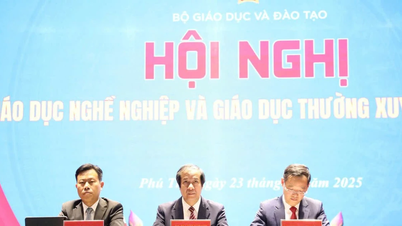
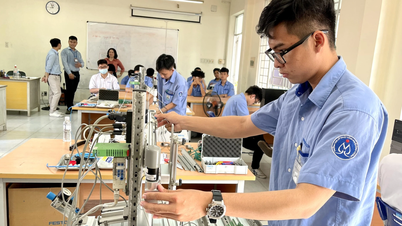

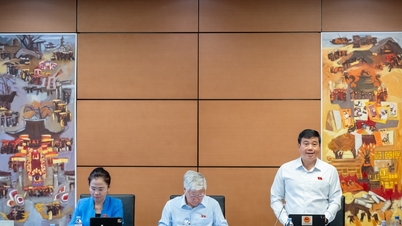

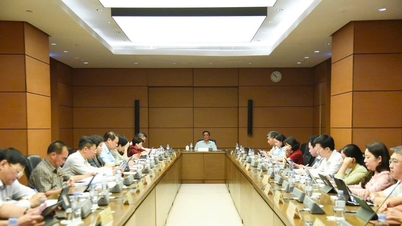
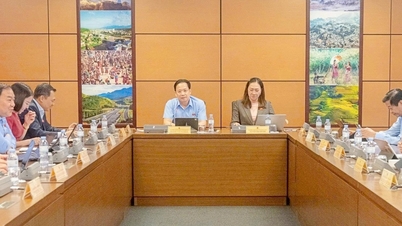
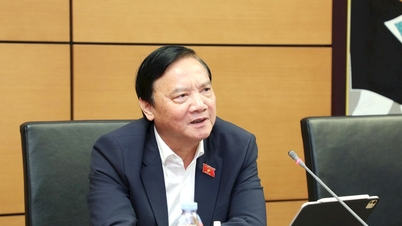
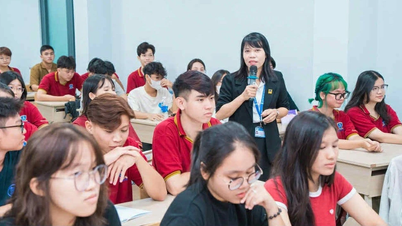


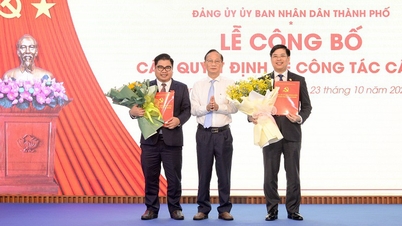
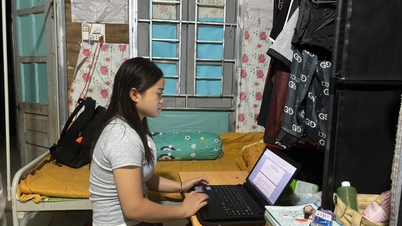








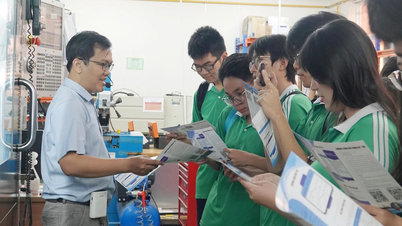
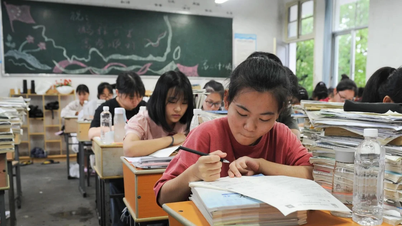
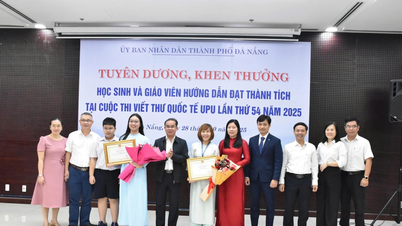
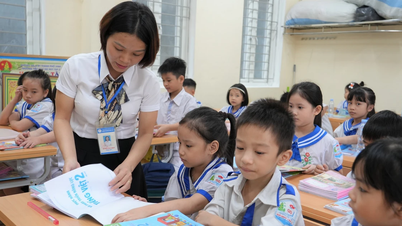
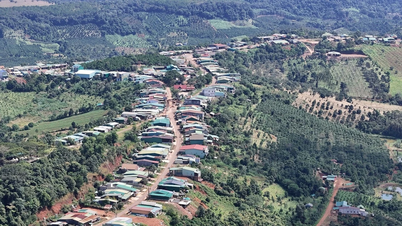
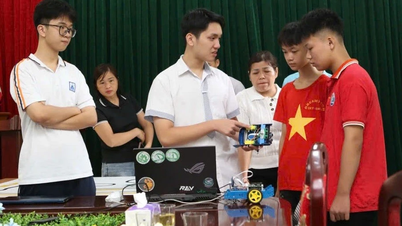
![[Photo] President Luong Cuong attends the 80th Anniversary of the Traditional Day of the Armed Forces of Military Region 3](https://vphoto.vietnam.vn/thumb/1200x675/vietnam/resource/IMAGE/2025/10/28/1761635584312_ndo_br_1-jpg.webp)










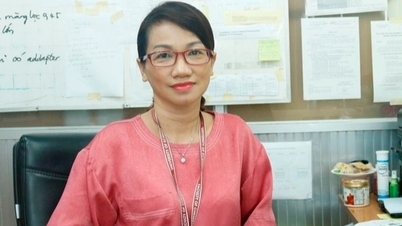
























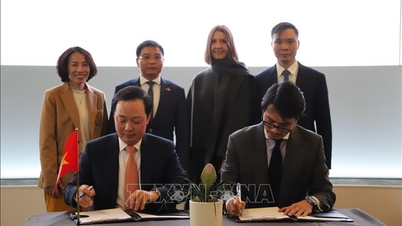
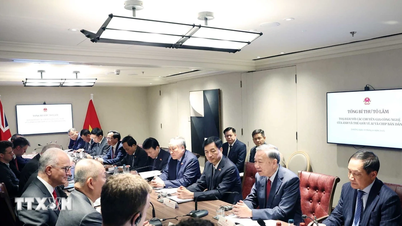
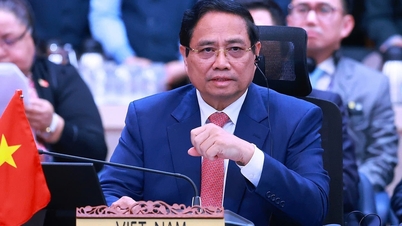


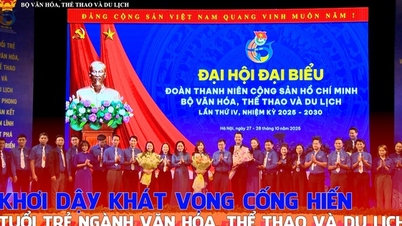

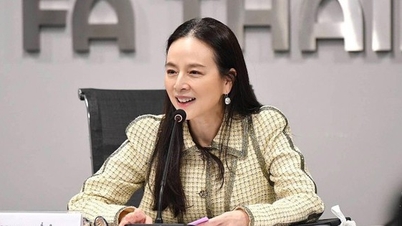
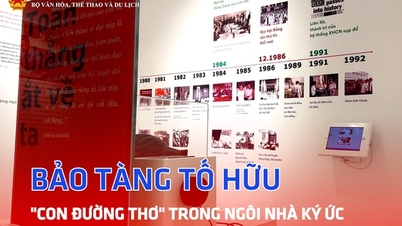
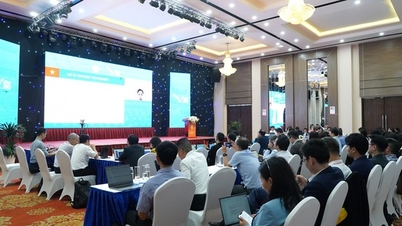

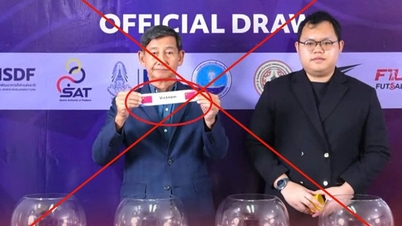
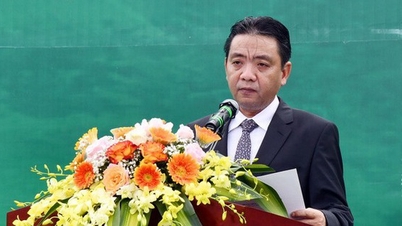


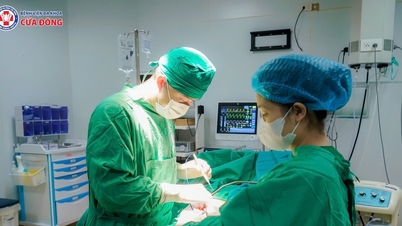



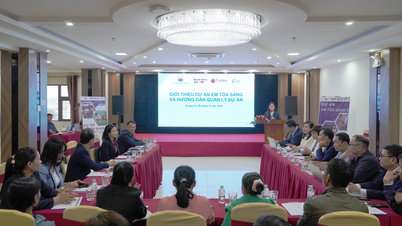



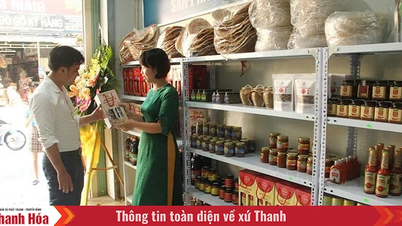















Comment (0)